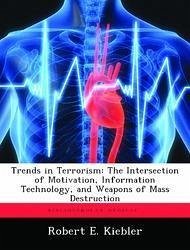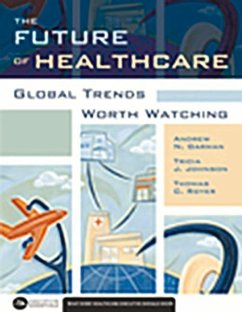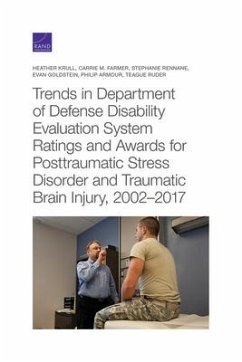Nicht lieferbar

Trends in Terrorism: The Intersection of Motivation, Information Technology, and Weapons of Mass Destruction
Versandkostenfrei!
Nicht lieferbar
The nature of terrorism has changed fundamentally in recent years, with religious extremism and a propensity for violence emerging as dominant characteristics. Terrorist organizations have become technologically sophisticated and dominated by fundamentalist ideologies that promote increasingly violent acts. The rise of Information Technology (IT), coupled with religious fundamentalism, has produced more effective, networked terrorist organizations. IT facilitates the globalization of terror and promotes the transformation of hierarchical organizations to more networked, leaderless groups that ...
The nature of terrorism has changed fundamentally in recent years, with religious extremism and a propensity for violence emerging as dominant characteristics. Terrorist organizations have become technologically sophisticated and dominated by fundamentalist ideologies that promote increasingly violent acts. The rise of Information Technology (IT), coupled with religious fundamentalism, has produced more effective, networked terrorist organizations. IT facilitates the globalization of terror and promotes the transformation of hierarchical organizations to more networked, leaderless groups that are better able to operate effectively in a global environment. The proliferation of information and equipment related to Weapons of Mass Destruction (WMD) creates the potential for a catastrophic event, and terrorist organizations are actively seeking such capabilities to further their interests. This paper analyzes current trends in terrorist motivation and organization, their efforts to acquire WMD capabilities, and makes recommendations for targeting those groups with a propensity for acquiring and employing such weapons. To better combat such emerging organizations, the US government must adopt an actor-based approach that utilizes both open-source information and a clandestine effort to determine network relationships and information flows. To effectively counter a networked organization, US agencies must themselves become networked, and this paper recommends the use of IT to target and track the efforts of terrorist organizations.












